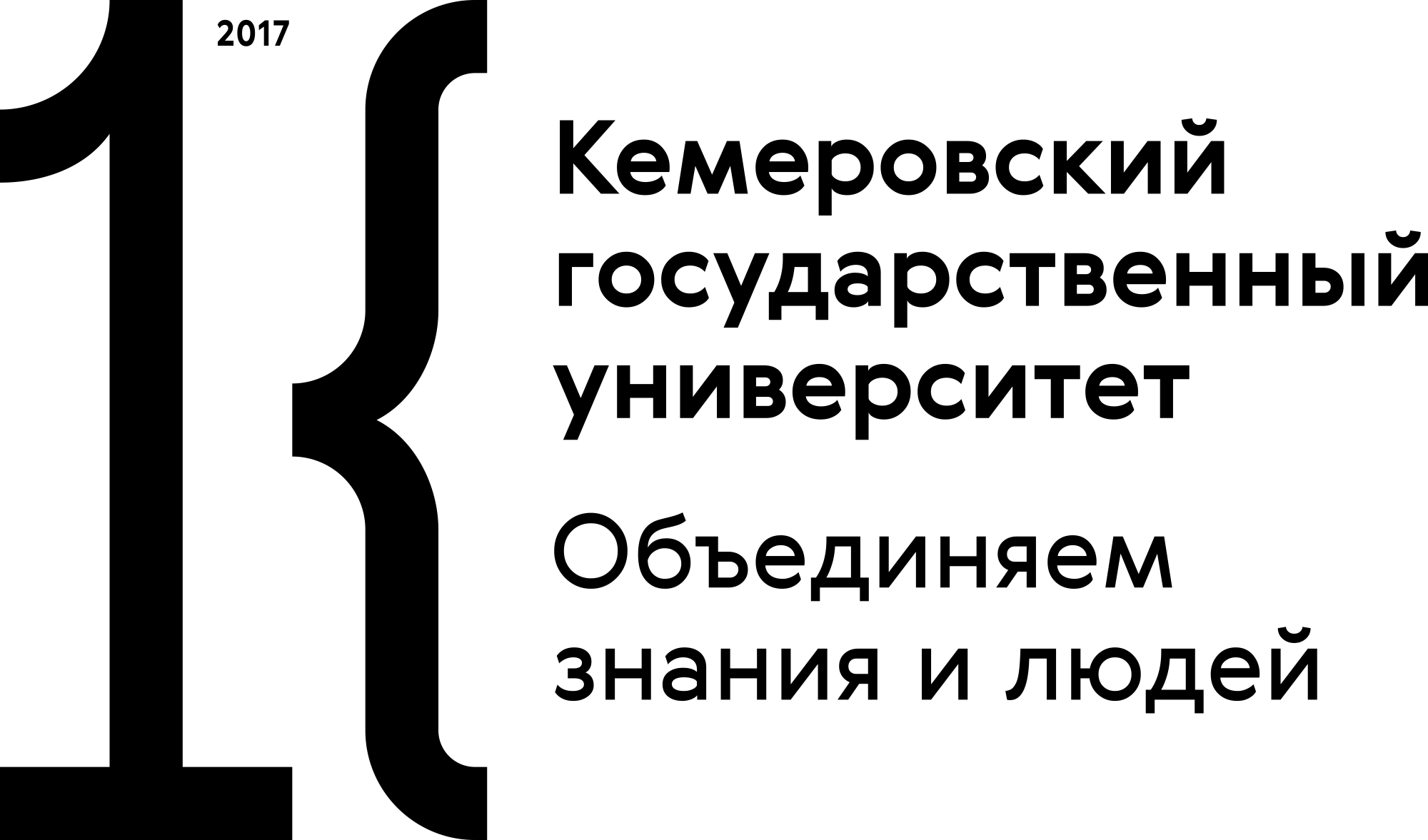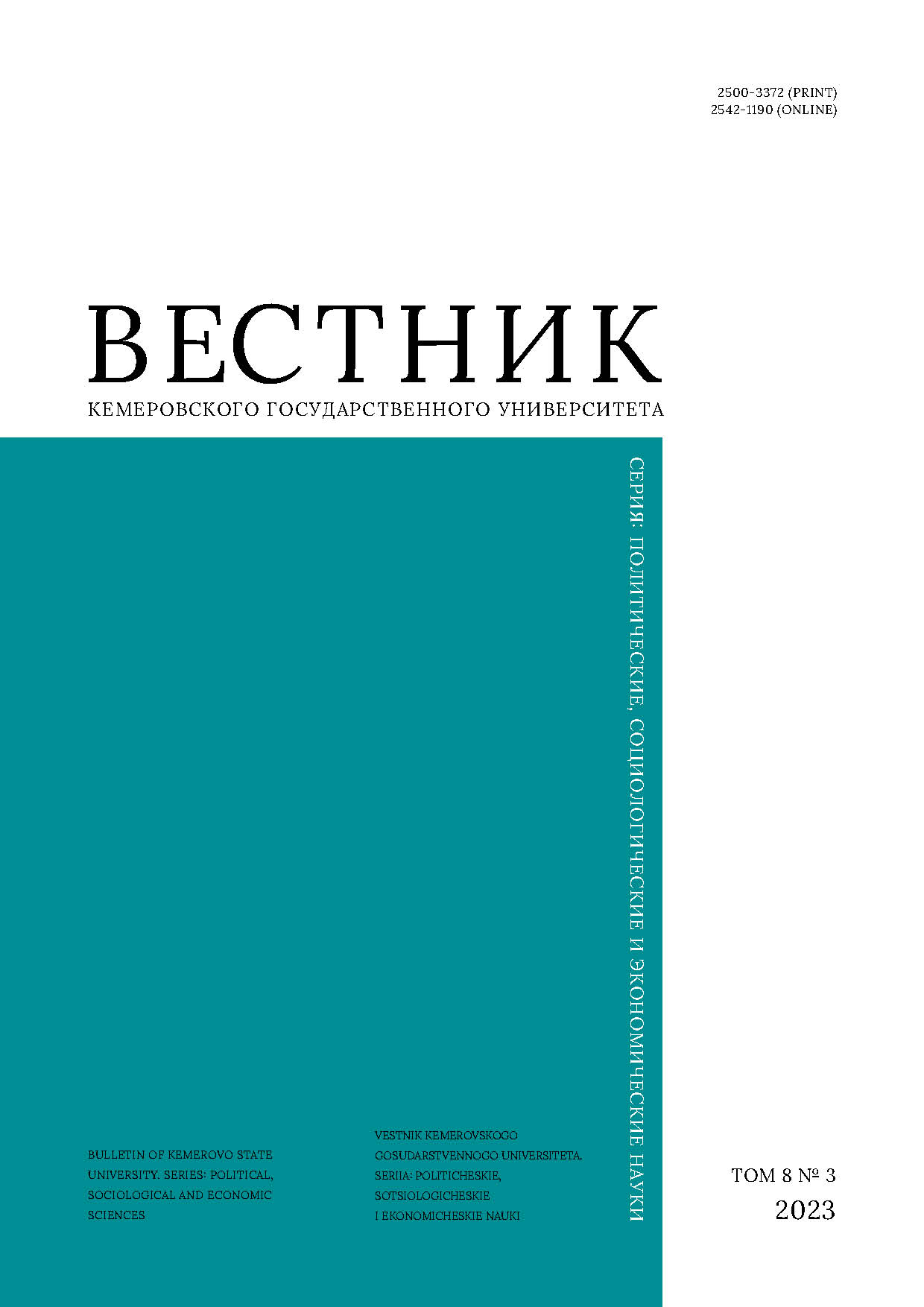from 01.01.2001 to 01.01.2023
Federal State Budgetary Educational Institution of Higher Education "Donetsk National Technical University" (Department of "Economics and Marketing" Faculty of Engineering and Economics, Associate Professor of the Department)
from 01.01.2001 to 01.01.2023
Donetsk, Russian Federation
The management of the industrial personnel labor potential in conditions of uncertainty is a relevant scientific problem. The purpose of the study is to improve the coordination of the enterprise's labor potential management system. The advantage of the labor potential category is its multilevel nature, which makes it possible to study the labor potential of an individual employee as well as personnel of the enterprise as a whole. The article considers labor potential coordination management through a set of basic principles, interacting quantitative and qualitative characteristics that exhibit dynamically changing integration qualities. The specification of the principles makes it possible to ensure the coordination of the enterprise’s labor potential management system. The author identifies the factors that can be influenced by the enterprise management; specify the measurable factors, which can help the enterprise to coordinate the labor potential management system; evaluate the influence of each group of factors. The study uses the general methodological principle of the management systems of industrial enterprises study and a management survey for the diagnosis of internal problems.
management system, set of principles, coordination, labor potential, labor potential management, system approach, factors
1. Innovative marketing and logistics stratagems of the formation of socio-economic systems, ed. Ibragimkhalilova T. V. Donetsk: DonNU, 2022, 320. (In Russ.) https://elibrary.ru/oahluj
2. Polyakova E. I., Golik A. S. New approaches to managing the labor potential of the enterprise during the period of intensification of integration processes. Economics and marketing in the XXI century: problems, experience, prospects: Proc. XVII Intern. Sci.-Prac. Conf., Donetsk, 25-26 Nov 2021. Donetsk, 2021, 188-193. (In Russ.) https://elibrary.ru/xlzthp
3. Kibanov A. Ia., Durakova I. B., Shatalova N. I., Mitrofanova E. A., Sotnikova S. I., Gagarinskaia G. P., Slezko V. V. Personnel management in Russia: history and modernity. Moscow: Infra-M, 2020, 240. (In Russ.) https://elibrary.ru/hbzytu
4. Arinin E., Markova N., Kildiachova T., Silantieva M. Religion, science and "religious education" in Russia: the peculiarities of differentiations. European Journal of Science and Theology, 14(5): 159-169. https://elibrary.ru/sxmdgb
5. Polyakova E. I. Theoretical aspects of managing the labor potential of a manufacturing enterprise. Ensuring economic security and efficiency of business entities, ed. Krasnova V. V. Donetsk: DonSU, 2021, 327-343. (In Russ.) https://elibrary.ru/dczawo
6. Polyakova E. I. A conceptual approach to developing the labor potential of industrial enterprises in the conditions artificial crisis. Integration of science, production and education in the modern world: Proc. Intern. Sci.-Prac. Conf., St. Petersburg, 16-17 Jan 2023. St. Petersburg: Natsionalnyi informatsionnyi kanal, 2023, 64-67. (In Russ.)
7. Kiseleva L. S., Zarubin V. G., Semenov V. A. Labor potential of the population of modern Russia. Moscow: Ai Pi Ar Media, 2020, 99. (In Russ.) https://elibrary.ru/ztqaoz
8. Shirokovskikh S. A. Strategic planning as a socio-economic mechanism for managing the potential of employees' professional productivity. Ekonomika i sotsium: sovremennye modeli razvitiya, 2020, 10(2): 199-208. (In Russ.) https://doi.org/10.18334/ecsoc.10.2.110934
9. Ivanova-Shvets L. N. Human resource management. Moscow: Yevraziyskiy otkrytyy institut, 2009, 160. (In Russ.) https://elibrary.ru/rbaobv
10. Zakharova T. I., Gavrilova S. V. Motivation of work activity. Moscow: Yevraziyskiy otkrytyy institut, 2010, 264. (In Russ.) https://elibrary.ru/rbahpj
11. Basenko V. P., Zhukov B. M., Romanov A. A. Organizational behavior: modern aspects of labor relations. Moscow: Akademiia Estestvoznaniia, 2009, 337. (In Russ.) https://elibrary.ru/qojqnb
12. Korneichuk O. V., Krylova E. B. Transformation of employment in the context of labor migration. Moscow: MosGU, 2010, 188. (In Russ.) https://elibrary.ru/razlhj
13. Tsaregorodtsev Yu. N., Efremova Yu. E., Bashina O. E. Development of human potential of organizations. Moscow: MosGU, 2012, 212. (In Russ.) https://elibrary.ru/razlcj
14. Asaul N. A., Voinarenko M. P., Kniazev S. Ya., Rzaeva T. G. Production and economic potential and business activity of business entities. St. Petersburg: Institut problem ekonomicheskogo vozrozhdeniia, 2011, 198. (In Russ.)
15. Toymentseva I. A., Chichkina V. D., Denisova O. N. Logistics approach to the formation of labour potential of innovative type in the regional economy. Voprosy innovatsionnoy ekonomiki, 2020, 10(2): 915-926. (In Russ.) https://doi.org/10.18334/vinec.10.2.100808
16. Bashina O. E., Karmanov M. V., Tsaregorodtsev Yu. N., Shevtsov P. A. Demographic security and intellectual potential of society. Moscow: MosGU, 2013, 126. (In Russ.) https://elibrary.ru/rwtaqp
17. Rodionova V. N., Kablashova I. V., Logunova I. V., Krivyakin K. S. Methodical approach to the study of ways to improve the efficiency of the organization of production at enterprises. Organizer of production, 2022, 30(1): 36-51. (In Russ.) https://doi.org/10.36622/VSTU.2022.52.30.004
18. Dianova V. A., Zhukov B. M. The structural and spatial mechanism of the formation of the resource potential of the region. Krasnodar: SIM, 2013, 178. (In Russ.) https://elibrary.ru/rpnwhz
19. Borisova A. A. The mechanism of formation of labor relations at the enterprise. Novosibirsk: NSTU, 2010, 206. (In Russ.) https://elibrary.ru/suoued
20. Afonin A. M., Bashina O. E., Efremova Yu. E., Karmanov M. V., Pavlov R. D., Petrova A. M., Petrova S. A., Rodikova O. Iu., Tsaregorodtsev Yu. N., Sharapova L. V., Shevtsov P. A., Iakovleva I. L. Development of human potential and human capital: theoretical and practical aspects. Moscow: MosGU, 2014, 180. (In Russ.) https://elibrary.ru/vrswdx
21. Petrova A. M., Tsaregorodtsev Yu. N., Borisenko V. P. Fundamentals of occupational safety. Modern problems of occupational safety management. Development of human potential of organizations. Change management. Issue 7. Moscow: MosGU, 2014, 140. (In Russ.) https://elibrary.ru/vrsvwp
22. Korotkov E. M., Gagarinskaya G. P. Management of the labor activity organization processes of the enterprise. Moscow: Akad. Proekt, 2006, 240. (In Russ.) https://elibrary.ru/sujrpz
23. Petrov A. Ia. Working time and rest time: current issues of labor law. Moscow: EkOOnis, 2013, 392. (In Russ.)
24. Maksimchuk O. V. Management of strategic economic potential of enterprises. Volgograd: VSUACE, 2006, 175. (In Russ.)
25. Potemkin V. K. People-oriented management of enterprises and organizations. Economics and Management, 2020, 26(2): 165-176. (In Russ.) https://doi.org/10.35854/1998-1627-2020-2-165-176
26. Mayer N. S. Characteristic of levels of managing professional career development under innovation economy. Journal of Legal and Economic Studies, 2021, (3): 208-211. (In Russ.) https://doi.org/10.26163/GIEF.2021.79.68.032
27. Nikolaev N. A. Methodical approach to improving the personnel competitiveness based on the personalized management. The Bulletin of the Far Eastern Federal University. Economics and Management, 2020, (3): 111-136. (In Russ.) https://doi.org/10.24866/2311-2271/2020-3/111-136
28. Scherbakov V. N., Dubrovskiy A. V., Shchennikova V. N. Management of the efficiency of use of the resource potential of the industrial enterprise. Economics of sustainable development, 2022, (2): 157-163. (In Russ.) https://doi.org/10.37124/20799136_2022_2_50_157
29. Khasanova G. B., Iskhakova R. R. Psychology of labor collective management. Kazan, KNRTU, 2012, 260. (In Russ.) https://elibrary.ru/zganvt

















